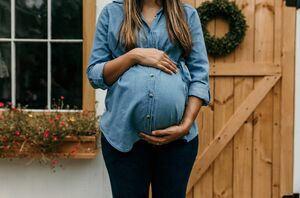Abortion
Rise in abortions linked to failure of 'natural' contraception
The number of women seeking abortions due to failed 'natural' contraception methods has increased sixfold in five years, according to a University of Edinburgh study.
Researchers say the shift is partly driven by 'hormone hesitancy' promoted on social media, leading many to use unreliable period-tracking apps instead of proven contraceptive methods.
The study, which examined data from the British Pregnancy Advisory Service (BPAS), found that reliance on fertility awareness-based methods rose from 0.4% in 2018 to 2.5% in 2023.
These methods, including apps that track ovulation, are less effective and have contributed to a rise in unintended pregnancies. Researchers warned that this trend has resulted in more women turning to abortion as a consequence.
Over the same period, the use of hormonal contraceptives, such as the pill, patches, and implants, dropped significantly.
For example, use of the contraceptive implant fell from 3% in 2018 to just 0.6% in 2023. Meanwhile, the proportion of women reporting no contraception at the time of pregnancy rose sharply, from 56% to 70%.
Dr Patricia Lohr of BPAS stated, 'This study shows a decline in the use of effective contraception, leading to a rise in unintended pregnancies and abortions. Women deserve better access to methods that suit their needs.'
Experts highlighted that social media’s influence, promoting 'hormone hesitancy,' is playing a role in discouraging women from using effective contraception.
They also pointed to difficulties in accessing contraception, such as long waiting times, as another factor contributing to the rise in abortions.
Researchers have called for innovative solutions to address women’s concerns about side effects to hormonal contraceptives, ensuring fewer unintended pregnancies and a reduced need for abortion.
Share
